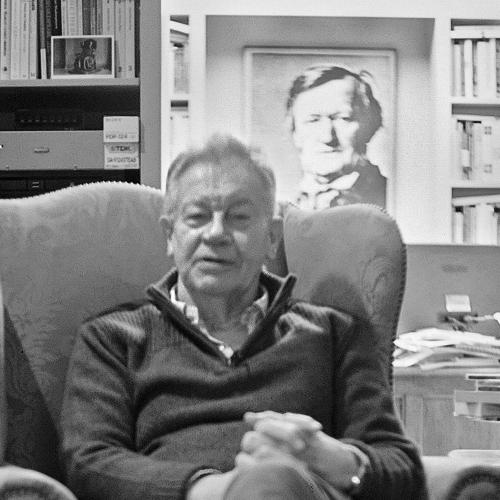COMPOSERS: Beethoven
LABELS: LSO Live
ALBUM TITLE: Beethoven
WORKS: Symphony No. 2; Symphony No. 6
PERFORMER: London SO/Bernard Haitink
CATALOGUE NO: LSO 0582
These performances were given at the Barbican last November as part of the complete cycle of the Beethoven symphonies – with other works interspersed – which Bernard Haitink is giving with the LSO.
The first thing one notices, especially if, like me, you play these two works in chronological order, is that Haitink is in crucial respects not influenced by the period-instrument or ‘authentic’ movement. The opening chord of the Second is a genial affair, whereas under such conductors as Gardiner or Norrington, and now also Abbado or Rattle, it rasps.
The only respect in which Haitink is possibly convinced by current fashions is in employing fairly flowing tempos for the slow movements – but then neither of these symphonies has a really slow movement.
For anyone who wants first-rate stereo sound and a broadly traditional reading, it is hard to imagine more profoundly satisfying accounts than these. Beethoven the revolutionary is perhaps recessive here: the opening of the Second does after all contain alarming sounds, and a virtual pre-quote from the Ninth; but here geniality and reasonable propulsion are the order of the day. The last movement of the Second is even a little sedate. But that may be in the interests of clarity, which Haitink, a specialist in French music, is just as keen to obtain in Austro-German music.
And I can’t imagine any objections about the Pastoral, except from people who like brooks to move a little faster. The storm is tremendous, the thanksgiving afterwards a benediction.
Given the fundamental choice that Haitink has made, which is that it is important to continue the traditions of Beethoven performance which ruled until about 25 years ago, he has almost reached his ideal. The playing of the LSO is nowadays quite magnificent, and they are fully justified in releasing their public performances.
But the recordings which still best capture the rugged energy of the Second and the warmth and tranquillity of the Sixth are Bruno Walter’s, at the end of his career. Michael Tanner
